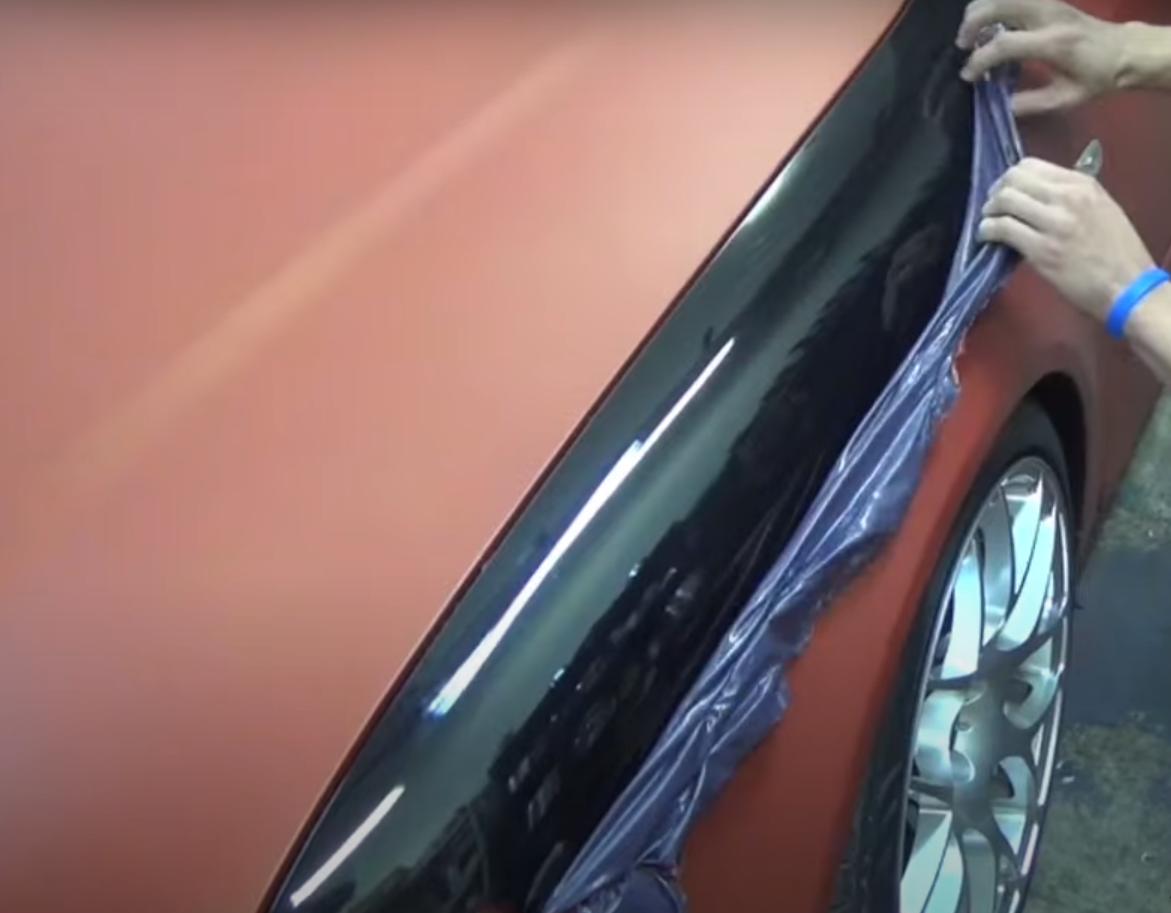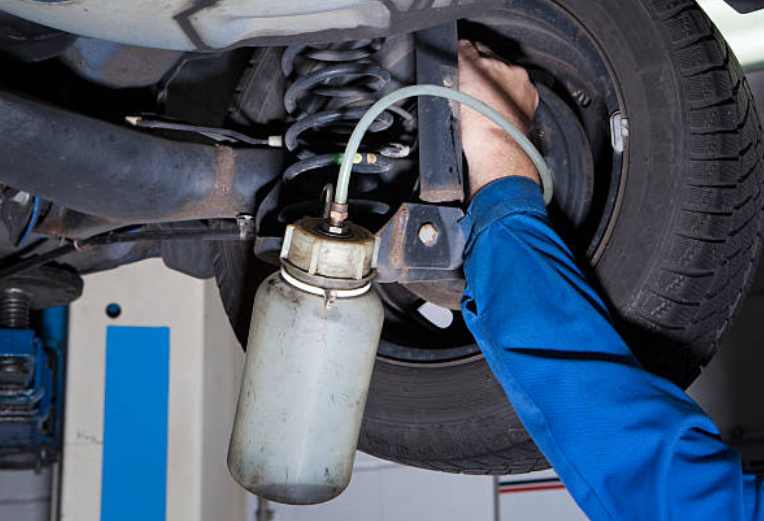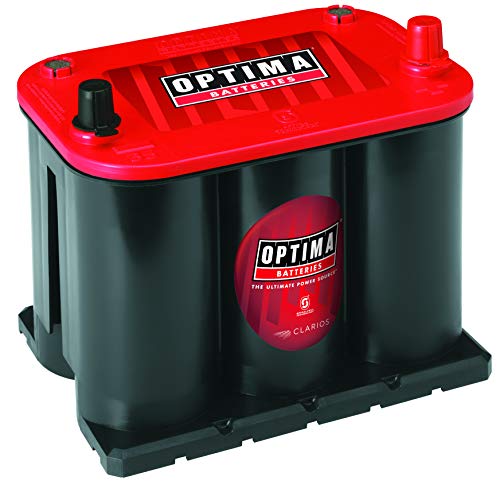How To Dispose Of Motor Oil?
Knowing how to properly dispose of motor oil is important for protecting the environment and public health, in addition to being legal. Improper disposal has effects on ecosystems and water sources that go beyond any fines or legal consequences.
Every oil change has the potential to be dangerous because it can contaminate large amounts of water and jeopardize aquatic life. But by using the right disposal techniques, we can lessen these hazards, cut down on our carbon footprint, and even recycle spent oil to support the circular economy. Now let us discuss the crucial actions to take in order to dispose of motor oil safely.

Why Should You Dispose Of Used Oil Properly?
- Motor oil disposal done improperly is illegal and can result in fines, jail time, or cleanup costs.
- In addition to helping you stay out of trouble with the law, proper disposal also lowers your carbon footprint.
- Aquatic habitats are at risk of contamination by improper disposal practices, such as pouring oil down storm drains.
- When an oil change is performed improperly, up to a million gallons of water can become contaminated.
- Heavy metals and hazardous compounds found in used motor oil raise the possibility of drinking water contamination and other health risks.
- On the other hand, proper disposal techniques enable engine oil to be reclaimed, which lowers the demand for fresh oil and supports environmental initiatives.

1. Contain the oil:
- Place a tarp or absorbent sheet beneath the engine's drainage point.
- Position a container with a drip oil pan and spout on top of the tarp to catch the draining oil.
2. Handle oil filters:
- Ensure oil filters are not overlooked during disposal.
- Puncture a small hole in the filter to drain oil into the drip pan.
- Seal the filter in a plastic bag.
3. Transfer to a secure container:
- If drip pans are not sealable, transfer oil to a leak-proof container suitable for transportation.
- Opt for the original oil container or a polyethylene container.
4. Avoid mixing:
- Do not mix used oil with other liquids like antifreeze or brake fluids to maintain recyclability.
- Ensure the storage container has not previously held other liquids.

5. Store safely:
- Store the sealed container of used motor oil in a dry, cool, and undisturbed location until it can be taken to an oil recycling facility.
- Collection Facilities: Your city or county likely hosts centers for oil recycling. Utilize online resources to locate the closest one to you.
- Curbside Pickup: Refer to your local county or city website for information on curbside recycling programs. Ensure motor oil is accepted and adhere to their guidelines for disposal.
- Earth 911: If you're unable to find a collection site or curbside program, Earth 911 may aid in your search.
- Local Auto Parts Stores: Many nearby auto parts suppliers offer free recycling of used oil and filters. Ask about recycling options when purchasing supplies.
- Storm Drains: Pouring used oil into storm drains is not only illegal in numerous states but can also contaminate local water sources.
- Ground Disposal: Dumping oil on the ground can harm the environment and have legal repercussions. Avoid this practice entirely.
- Garbage Bins: Motor oil is a hazardous pollutant, so refrain from placing it in any waste receptacles. Otherwise, it will end up in landfills, posing risks to the soil and water.
Can I recycle used motor oil?
Yes, used motor oil can be recycled. Recycling helps reduce the need for virgin oil and minimizes environmental impact. Many recycling facilities accept used motor oil for re-refining.
What should I do with used oil filters?
Used oil filters should be properly drained and sealed in a plastic bag before disposal. Some recycling centers also accept used oil filters for recycling.
Can I mix motor oil with other liquids for disposal?
No, mixing motor oil with other liquids such as antifreeze or brake fluid renders it unrecyclable. Always keep motor oil separate from other substances to ensure proper disposal.
Where can I take old motor oil for recycling?
You can take old motor oil to designated waste collection sites, curbside recycling programs, local auto parts suppliers, or search online resources like Earth 911 for recycling facilities near you.

In conclusion, responsible disposal of motor oil is imperative for preserving our environment and protecting public health. By following the proper steps outlined, we can prevent contamination of water sources, reduce our carbon footprint, and contribute to sustainable practices. Let's all do our part in safeguarding our planet for future generations.
Click on the following link to read another blog post: How To Remove Spray Paint From Your Car?














